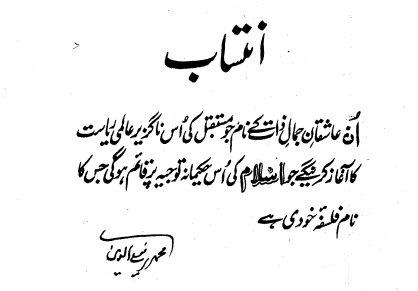Simplicity comes naturally, it is not forced, and it is not deliberate. It is in that idea you just stumble upon or that feeling that just tells you to do something even when your brain is telling you to do otherwise. It is in the universe of things, those beautiful and charming things that we yearn all our lives, a cottage on the hilltop overlooking a lush valley.
In this life, we face difficult situations, we face life as it is. But stop look back! Don’t you feel everything most subtle that happened to you came out from simple beliefs and truths that you weren’t even looking. Isn’t beauty in the simplicity of things? Isn’t beauty simple? Something that doesn’t require rational justifications or pros and cons and what not. It is simply there.
We want something of this and something of that, we have our whole lives planned out in front of our lives. Seeking out our loved one, planning an amazing getaway, or getting that dream job, travelling the world, meeting new people, writing that novel etc. In our endeavors of living life on our terms, puts an immense pressure of doing things and experiencing things that matter to us and being who we are. In this pursuit many of us drift, some of us stumble, others founder on their journeys, some come out of this victorious, and some really make this world a better place. It is imperative that we handle life without overdoing or overthinking things. We shouldn’t worry about things we can’t change and instead focus on simpler things that just comes naturally to us. It is in those things we could really find inner peace. It is a delirium of construed fantasies that leaves us grappling with intricate thoughts about life, frustration ensues from it and we are stuck in the abyss of nothingness. It is in our heart that we must find love for life, for people and for this world. To hear what our heart says we need to let go of things; difficult things.
It is in this simplicity of things we need to find difficult solutions. We complicate things when we overanalyze and in my opinion we all experience the bliss of creativity in simplicity. It always comes easily like cold breeze of summer gushing through our body, leaving behind dampness of love and compassion. All of these words might sound like me oversimplifying nitty-gritties of life but don’t you think life is too short to make things difficult.
We see imperfections, ambiguities, and guile in everything we encounter. It is us making things difficult by judging things on the outset. We do not ponder over simpler facts, things that are right in front of us. We seek love, which is not to be sought, we yearn for success, which is not to be yearned. We just need to look within ourselves. It cannot be simpler than this, but only when we are ready to take that plunge.
Living out simply is the ultimate satisfaction that we could ever want from life. Be simple and stay blessed.


